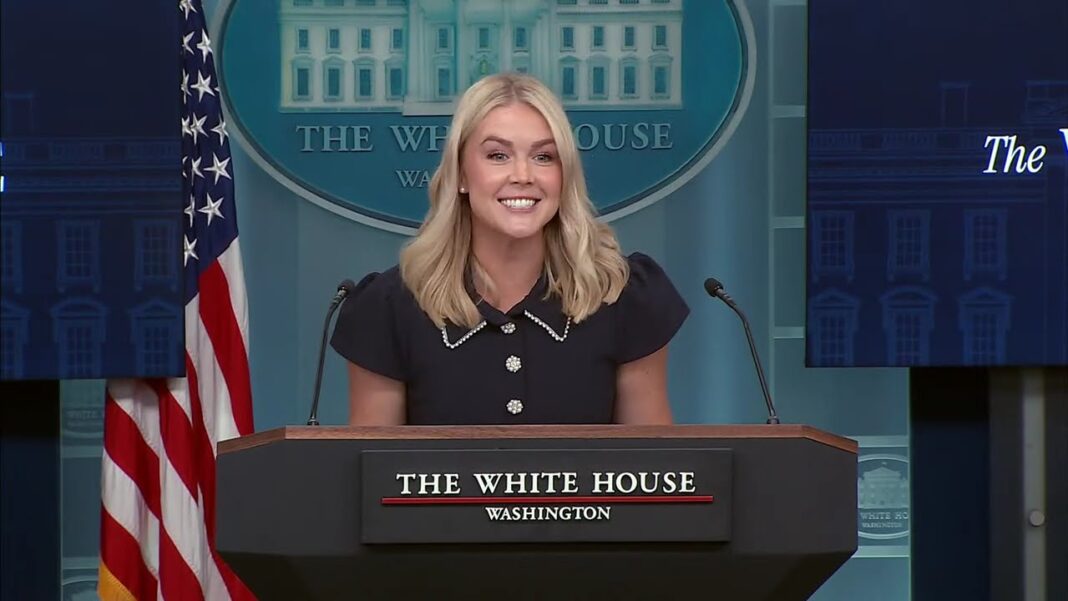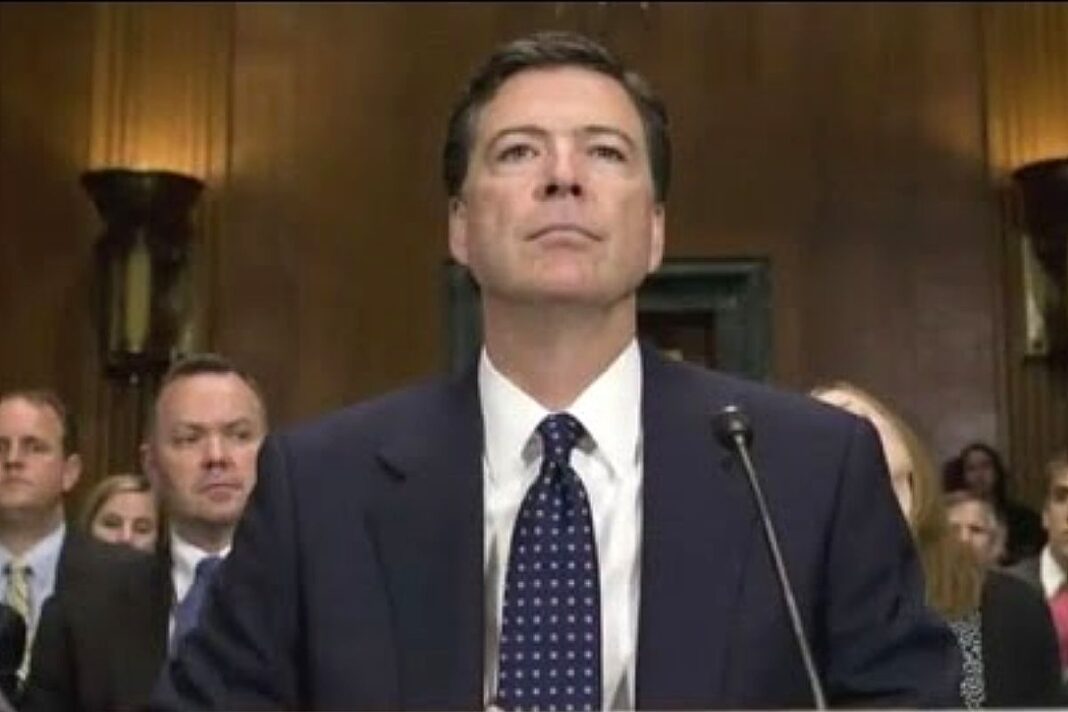Since Trump declared an emergency in the District of Columbia on Aug. 11, the federal law enforcement presence in the nation’s capital has yielded 23 arrests.
WASHINGTON—Homeless people in Washington could face fines and be jailed if they refuse to go to a shelter or receive mental health services, according to the White House.
In an Aug. 12 briefing after President Donald Trump federalized the Metropolitan Police Department (MPD) to tackle crime and homelessness in the city, White House press secretary Karoline Leavitt said police will enforce the district’s existing laws to deal with homeless encampments.
Homeless people will be asked to leave the encampment, be taken to a shelter, or offered addiction and mental health services. Those who refuse these options will be fined or jailed, Leavitt said.
“These are pre-existing laws that are already on the books,” she said. “They have not been enforced.”
Since Trump signed an executive order in March, 70 homeless encampments on federal lands in the nation’s capital under the National Park Service’s jurisdiction have been removed, according to the press secretary. Only two homeless encampments remain.
On the first night of the increased law enforcement in the nation’s capital, police made almost two dozen arrests, said Leavitt.
“Approximately 850 officers and agents were surged across the city,“ she said. ”They made a total of 23 arrests, including multiple other contacts.”
Leavitt specified the offenses that were cited.
“Last night, these arrests consisted of homicide, firearm offenses, possession with intent to distribute narcotics, fare evasion, lewd acts, stalking, possession of a high-capacity magazine, fleeing to elude a vehicle, no permits, driving under the influence, reckless driving, and a bench warrant,” she said.
Six illegal firearms were confiscated, according to Leavitt.
Trump announced on Aug. 11 that he will send the National Guard to the nation’s capital to deal with the issue of crime.
He invoked Section 740 of the Home Rule Act of 1973, which gives control of the MPD to the president for 48 hours. He can renew this timespan for up to 30 days while notifying Congress. Afterward, he must get approval from Congress.
Leavitt said on Tuesday that the White House would “reevaluate and reassess and make further decisions” when the 30-day period expires.








